What's ahead for climate action in Salem?
No corner of our state was left untouched by climate-fueled storms and harms last year.

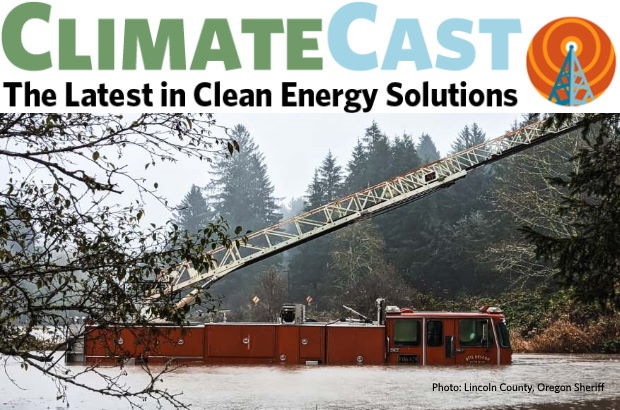
Harrowing floods in the PNW, a wrap-up of the COP26 conference, and some federal progress on climate.

A summary of COP26 coverage, infrastructure headed to Biden’s desk, climate bright spots from the elections, and a new ABBA record
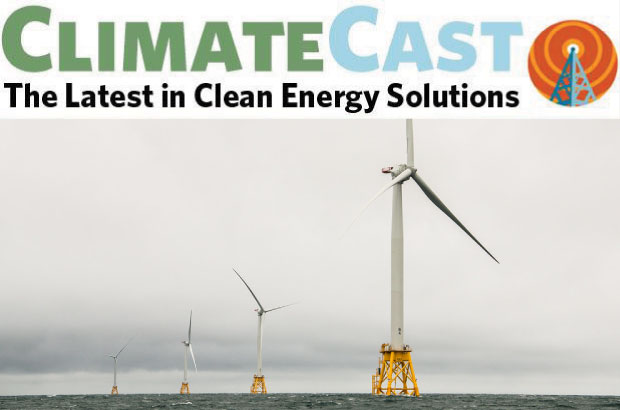
Federal climate inaction ahead of COP26, offshore wind gets a US start, and heavy duty EVs
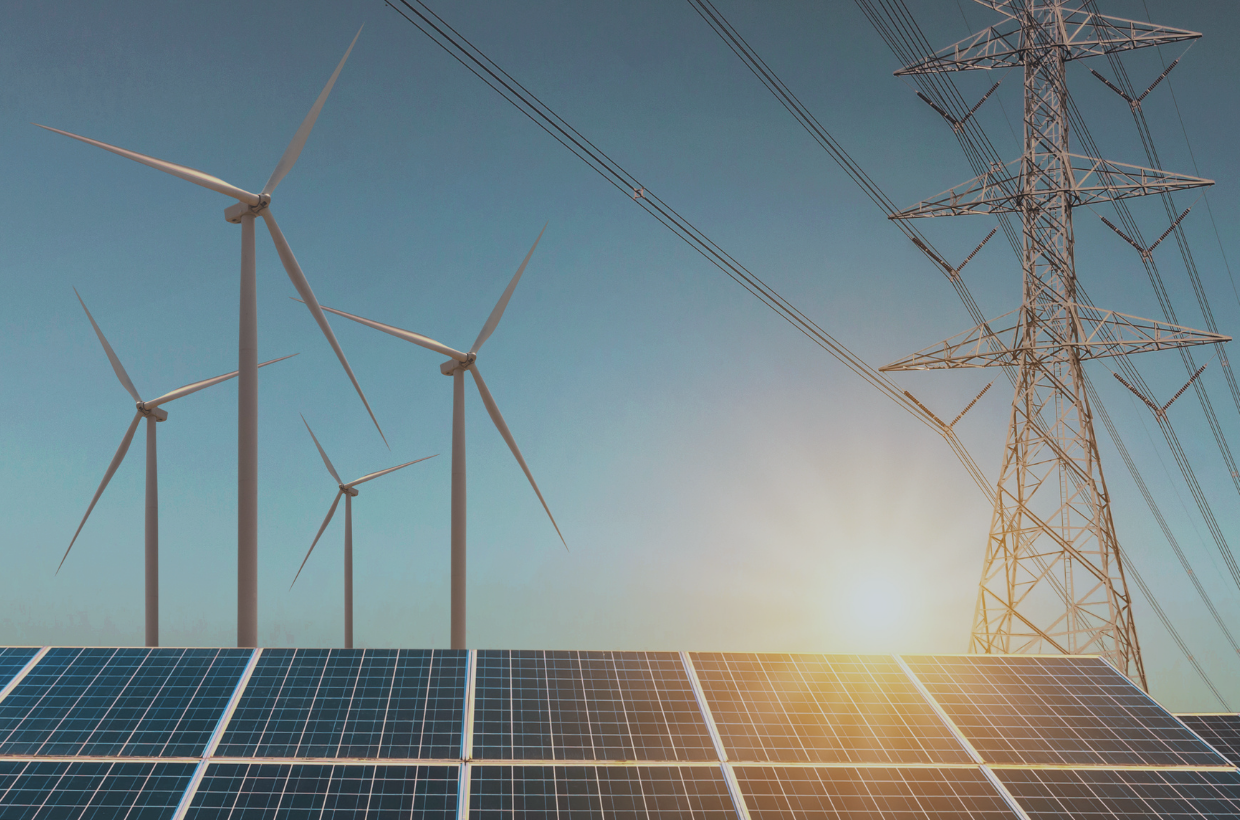
Our latest Climate Leaders Live webinar celebrated the Pacific Northwest as the first region to commit to 100% clean energy.

We’re halfway through Hispanic Heritage Month and I hope you’ve had a chance to reflect, learn, or celebrate. I invite all Latinos to celebrate the power of your voice this month, be it Spanish or English.

Worsening climate impacts have dominated news coverage. But do you know what’s been largely missing? What we can do about it.
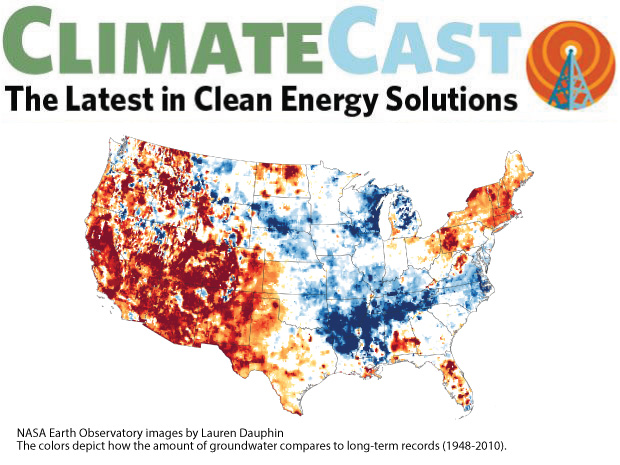
100% clean electricity nationwide, scoring environmental justice, and a season of extremes

THe long-awaited new IPCC climate report is out this week. It includes good news as well as very bad news.

We’re used to thinking of transportation as the big source of greenhouse gas emissions. But while they don't move, buildings still emit carbon and air pollution.
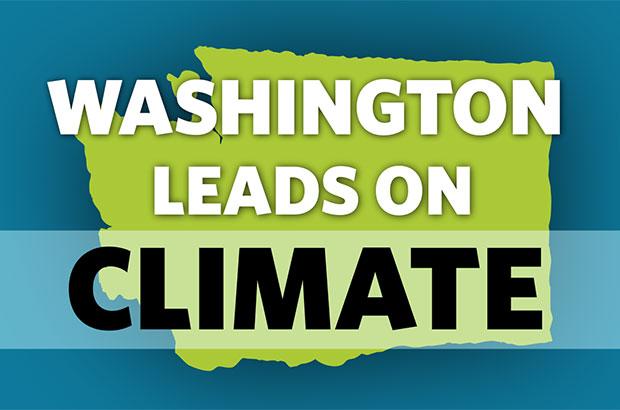
Washington State just made history with a suite of legislative actions to address global warming pollution, the long-term need to protect communities most impacted by pollution, and our transition to a clean energy economy.
Join our email list to learn about what we do and how to get involved.
No corner of our state was left untouched by climate-fueled storms and harms last year.
Increasingly, the Pacific Northwest sees the impacts of climate change in real time. Recently, catastrophic wildfires and wind and ice storms have placed a massive strain on our energy systems. In severe cases, customers have been left without power for days or weeks on end. Meanwhile, our policy climate is shifting decidedly toward a model of 100% clean electricity. Increasing reliance on variable resources raises questions of resource adequacy and reliability. How can we reliably heat and cool everyone’s homes, while keeping service affordable for all?